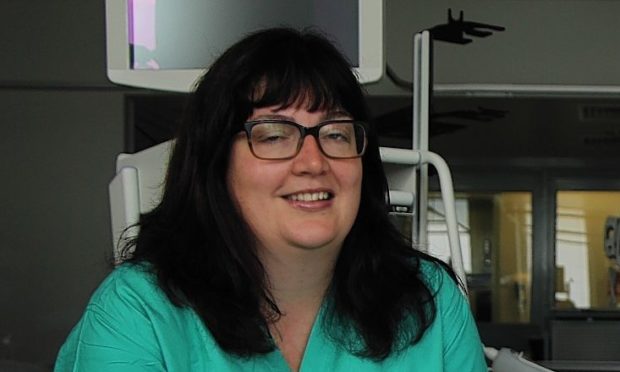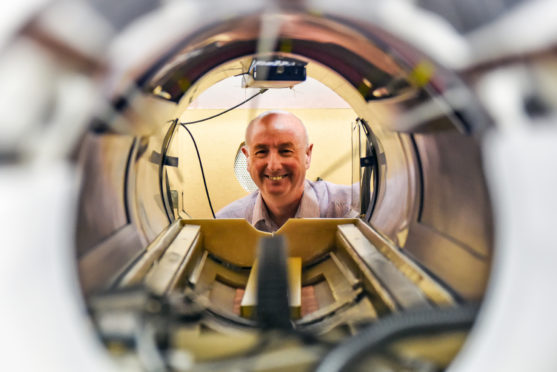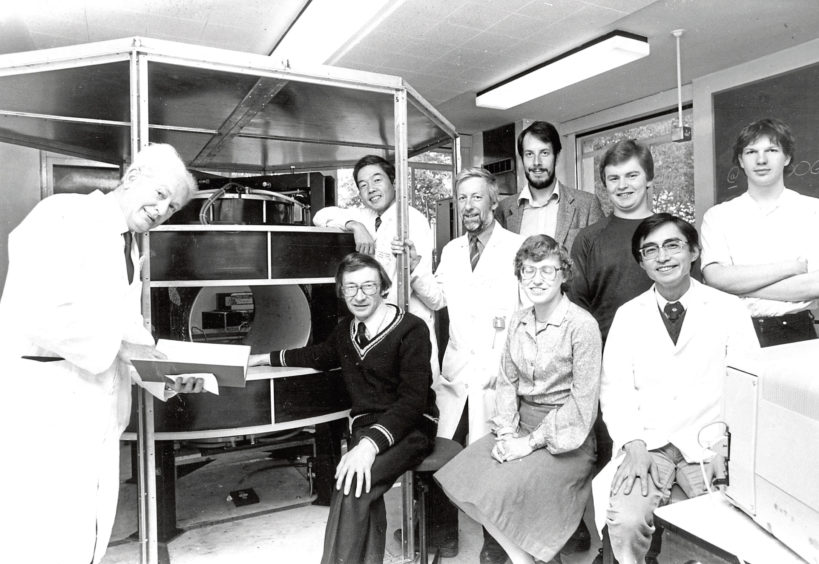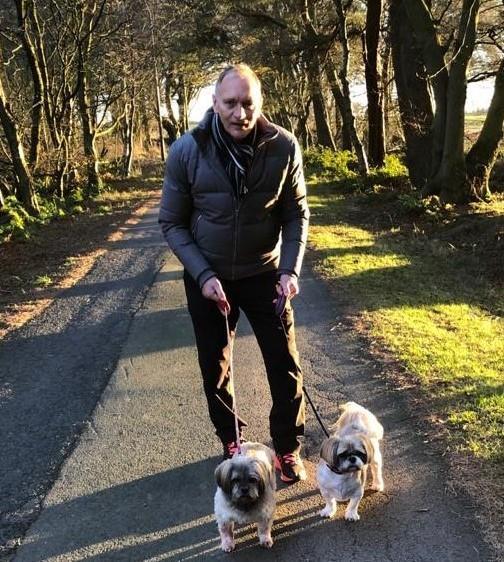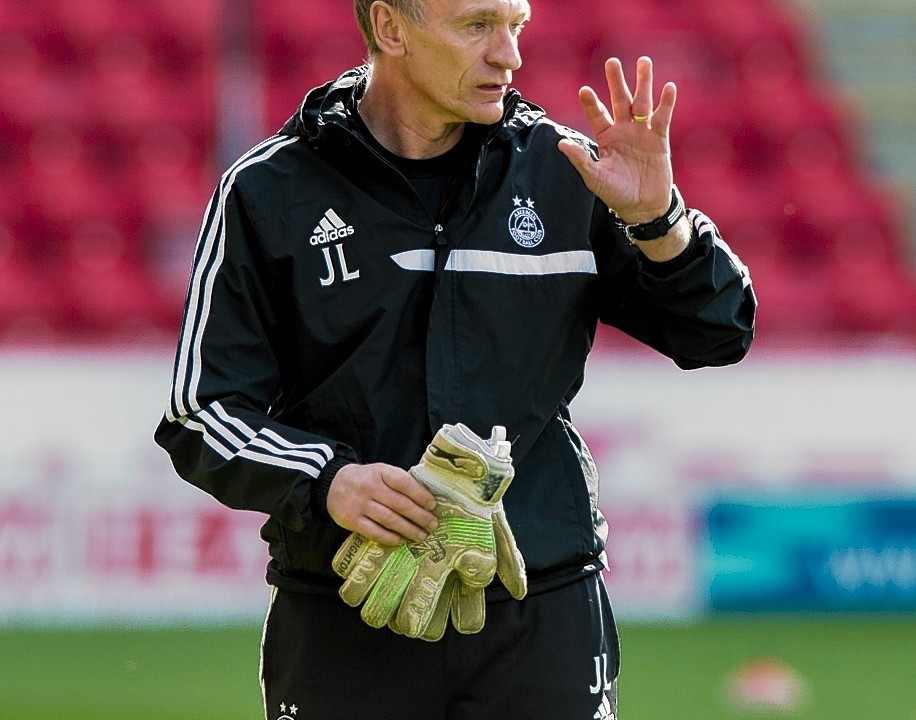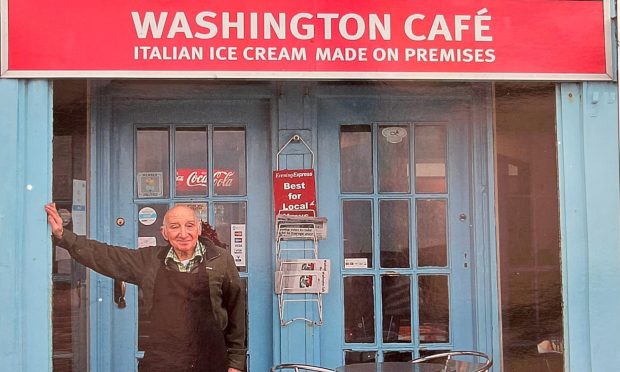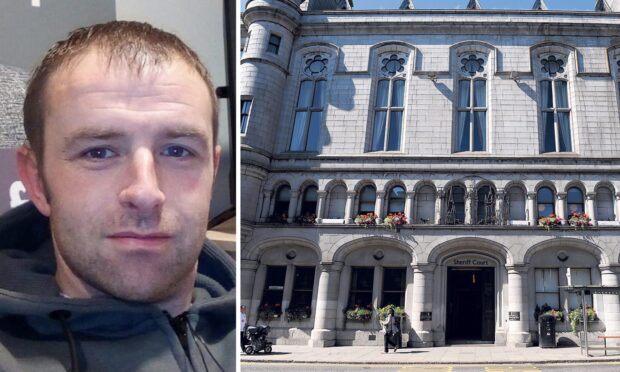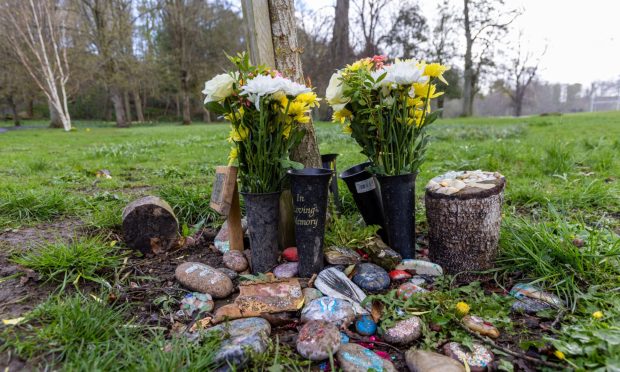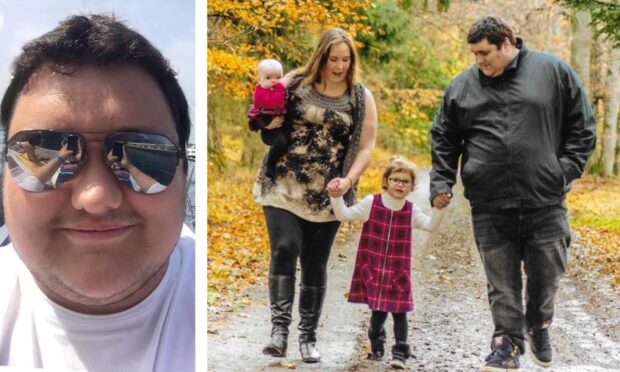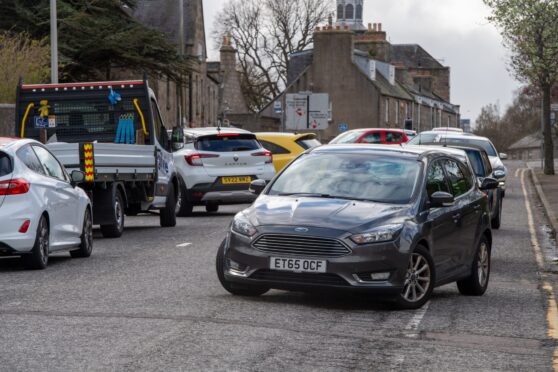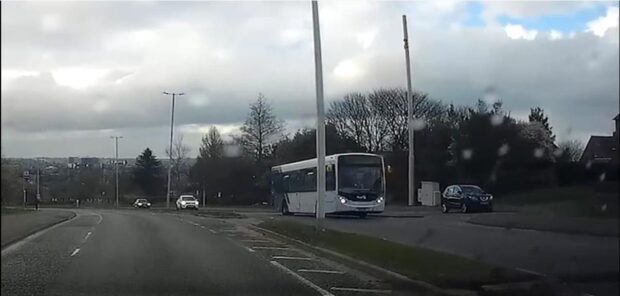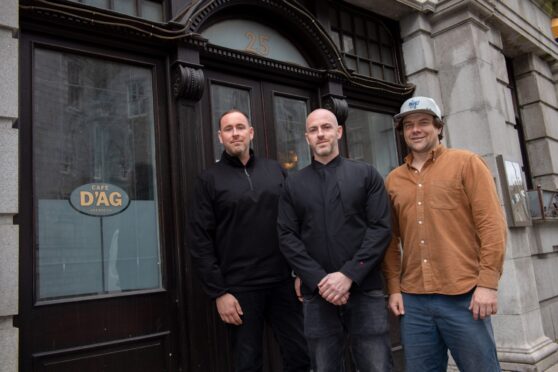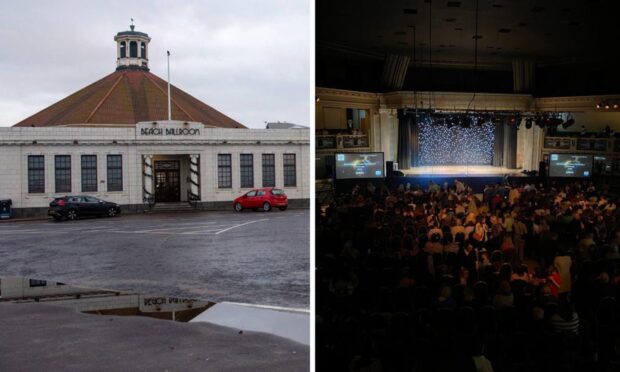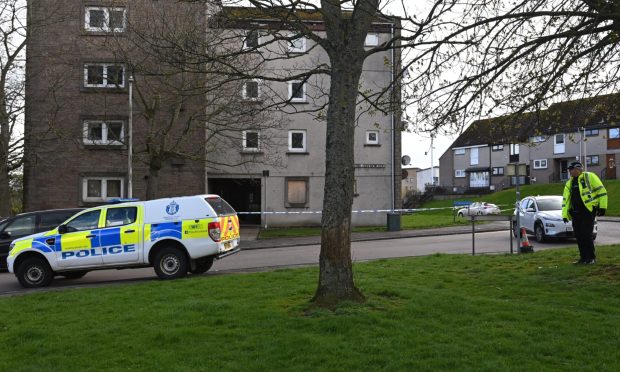An Aberdeen cancer charity has confirmed funding for a new device which will help tackle the rising numbers of men being diagnosed with prostate cancer.
The disease has overtaken breast cancer as one of the biggest killers in the UK, with estimates that it could affect as many as one in eight men in the next 10-20 years.
But now, the urological cancer charity Ucan, which has already been involved in bringing two surgical robots to help patients at Aberdeen Royal Infirmary, has told the Press and Journal that funding has been approved for a new MRI ( magnetic resonance imaging) fusion-directed biopsy scanner which will boost early detection.
The organisation is also planning to sponsor additional training of specialist surgeons and nurses as it responds to the backlog of cases caused by the Covid-19 pandemic.
Charity chairman, Justine Royle, who is also a surgeon with NHS Grampian, stressed how important it was for patients to have access to the most modern equipment to speed up the diagnosis of prostate cancer.
She said: “Aberdeen has been at the forefront of MRI technology, but we understand the importance of staying ahead of the curve.
“The devices we have been using in Aberdeen are about 10 years old and, although they have done a good job, we need to keep upgrading and improving the quality of the machines which we use.
“This new fusion-directed biopsy scanner makes it much quicker to investigate when somebody comes to us for an MRI scan. With the older machines, if we just carried out a standard biopsy, we might end up missing the early signs of cancer. And, when that happened, the problem can sometimes grow worse before we have detected it.
“This device, on the other hand, allows us to carry out a biopsy using the MRI as image guidance and investigate any signs of concern . It costs around £150,000, but given the difference it will make in identifying the disease earlier in some men where this would not have been possible, it really is very worthwhile.”
Since the original scanner was introduced at the north-east hospital in , it been used in more than 800 procedures.
And Ms Royle said this demonstrated the value of being able to detect the cancer early.
She added: “The sooner we can make an early diagnosis the better, and there is a very good chance we can treat it effectively if that happens.
“Research shows that more and more men are surviving prostate cancer operations in the UK and a large part of that is due to medical advances.”
Further information is available at
Aberdeen led the way in developing MRI technology
The MRI scanner has also become an indispensable part of modern hospital life.
Yet it was originally the brainchild of Professor James Hutchison, known as Jim, who built the ‘Mark 1’ device which successfully scanned its first patient in August 1980.
He helped patent and perfect a technique, known as spin-warp imaging, which was adopted throughout the world and is still used in thousands of MRI machines globally.
The technology was developed in the 1970s by a small number of teams worldwide, including those at Aberdeen and Nottingham universities.
But it was Prof Hutchison who constructed the first full-body scanner, along with his colleagues, and their collective efforts transformed the nature of MRI research.
He was assisted by Professor John Mallard, who later described the breakthrough as a game-changer in detecting cancer and other conditions.
Gothenburg Great Jim backs prostate cancer research
Gothenburg Great Jim Leighton speaks from experience when he urges men to take their prostate as seriously as women take their breasts.
The former Scotland and Aberdeen goalkeeper, who was part of the team which won the European Cup Winners Cup in 1983, has urged men to have their prostate checked after he was diagnosed with the cancer which subsequently spread into his lymph nodes.
The 62-year-old endured 37 consecutive days of radiotherapy and hormone injections and said he might never have known that he had the illness, but for a conversation with former Aberdeen teammate, Willie Garner.
Mr Leighton said: “I heard that Willie had been diagnosed with cancer a couple of years ago and I phoned up to tell him I was sorry, and to find out how he was doing.
“We chatted for about 10 minutes, then he asked me if I had ever been checked out because he knew my late dad, Sam, had also suffered from prostate cancer.
“So I got the tests and it turned out that my PSA [the prostate specific antigen test] was through the roof. Initially, I was told I would have to get my prostate removed, then about a week later, I got called into Aberdeen Royal Infirmary and I learned that the cancer had spread into my lymph nodes.”
Mr Leighton, who won 91 Scotland caps between 1982 and 1998, said he had nothing but admiration for the Ucan staff at the hospital.
He added: “The nursing staff did an unbelievable job. They made me feel as if I was the first person who had been diagnosed with this and I can’t thank them enough.
”It was a tough 18 months and I want to pass on this message.
”Please go and get yourself checked out. Don’t think it won’t happen to you.”
